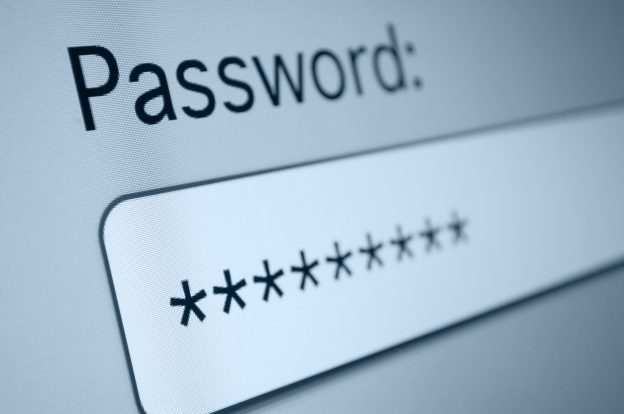It was a sick feeling. As my husband Steve sat watching the computer, files began to disappear. He was powerless to do anything. In a short time, the website was gone. In this particular case, it was all about a virus. We had a backup copy, which is standard operating procedure for us, so except for the fact that it would take some time to reload the site, the client would be OK.
Hackers can seriously impact your business. They may not be targeting your site. And they may not be looking for specific information. Your hacker could even be a kid, experimenting with coding. Search in Google for “website hackers” and there are pages of information on how to hack a site, hacker tools and even hacker clubs!
What can you do? Be informed. Take a look at the articles below on who may be hacking your site and read our tips for keeping your security tight. As always, feel free to drop me a line if you have a question. Thanks, Roberta
Who’s Going to Hack My Site?
Even the smallest, seldom-used website can be hacked. You might think that your site doesn’t have anything that people would want, so you are immune from hacking. The truth is, that’s just not the way it is. Any site, of any size, is open to hacking. A hacking experience can be devastating. Instead of loading up your site, your URL goes to a porn site. Or you get to your site and it’s full of advertisements. Obviously, you’ve been hacked. But sometimes hacking is very illusive. Some hackers don’t always make it easy to notice that your site has been hacked. And sometimes you make it easy FOR them – by including a lot of unnecessary files on your site – allowing them to embed code directly into these files.
Why hack your site? This might come as a surprise to you, but people are trying to hack into websites all of the time. Some people may try to hack a site for fun. It could be that hackers are “practicing” on your site. In almost all cases, the end game for hackers is usually money. The more they know about hacking, the closer they can get to pay day. Here are some of the reasons why websites are hacked.
- Spreading viruses. Your site can be hacked for the purpose of spreading viruses. Hackers sometimes want to use malware to infect other computers. It’s one of the reasons why we end up with spam.
- By accident. Many hackers automate the process so if your site is hacked, there was probably a weak spot that resulted in an open invitation. Your site was an easy score!
- For “fun.” As people learn to hack, they sometimes try to hack sites to test their skills – or to brag to friends.
- To hijack your site. As you’ve probably heard in the news lately, these hackers are searching for ways to breach the data on the site. A few hospitals around the country have been hacked – and those responsible demand ransom.
- Information thieves. Government employees, credit card holders, insurance clients – hackers are out to get as much information as they can – holding you hostage and the company liable for damages.
Tips for Keeping Security Tight
There are a number of things you can do to improve your security. Please spend a few minutes reading the information below and incorporate our suggestions.
- Change your password. How many times have you heard this, right? If your password is “admin,” or “1234” or even “password” – you are an easy target. Instead, use complex, long and unique passwords. And remember to change them frequently. This is your website we’re talking about, right? It’s worth some extra effort!
- Keep regular backups. We perform monthly backups for our clients. If they edit their site frequently, we can do backups more often. A recently performed backup will save you serious time, money and effort if your website is hacked. If your developer is not performing regular backups, find one that will.
- Update your website application often. We frequently use WordPress to develop sites. They implement new security measures frequently, so we update our client websites whenever a new update is announced. These updates are released to fix bugs in the software and implement new security measures. We recommend that your developer perform the backups for you. Why? Because they pay attention to the security updates and know what to look for. If there is a glitch, they will have a backup of your site.
- Check your site often. It’s not unusual for us to talk with a client who hasn’t been through their site in months. We recommend a monthly check. You might notice pages that are no longer needed. Links that no longer work. Keep your site active and clean.
- Take time to notice little things. We had a client this year who noticed that their search bar was funky. Part of it could not be seen. When we were alerted and checked on the site, we saw that their site was being hacked. With their warning, we could stop the attack.
Security is #1 priority for RWS and for our clients. We take it seriously and hope you do too. If you would like to discuss the security on your site, give us a call at 202-409-8113. We’re happy to answer any questions for you.
Thanks,
Roberta


